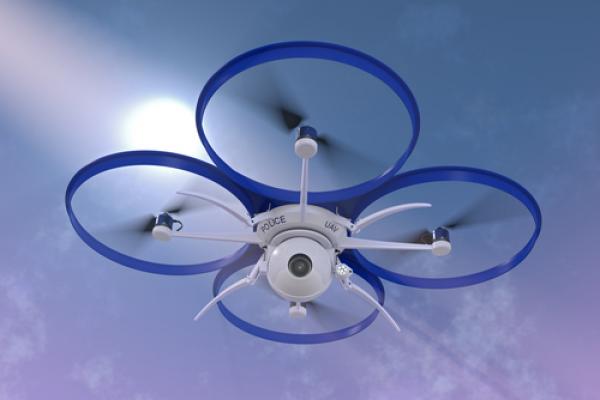Jun 12, 2013
At first I had no problem with domestic drones joining the plethora of surveillance cameras to “keep us safe.”
Big Brother — keeping his eye on me from above in stores, in traffic and everywhere else — would find my personal reality show boring. As a pastor, I’m used to living in a fishbowl. Besides, as John Calvin said, if you fear the eye of a human more than the eye of God, you have spiritual issues to address.
But then, there may be another problem with increased surveillance and flooding our nation’s skies with drones. Let’s take traffic cameras as an example.
Read the Full Article

Already a subscriber? Login
